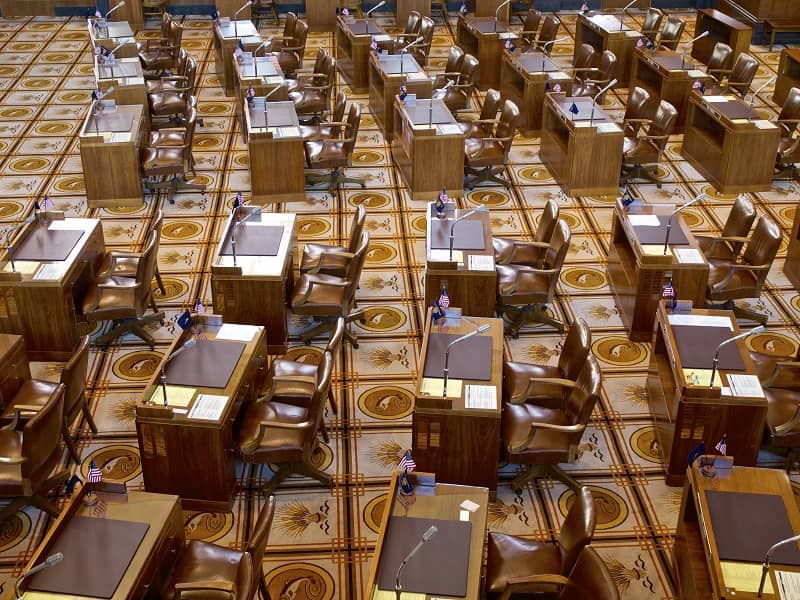May 24, 2022
FOR IMMEDIATE RELEASE
Media Contacts:
Eric Fruits, Ph.D.
Office: (503) 242-0900
eric@cascadepolicy.org
Mia Tiwana
Office: (503) 242-0900
maleeha@cascadepolicy.org
PORTLAND, Ore. – Today Cascade Policy Institute released a new research report raising questions regarding Portland Public Schools’ use of bond funds in 2020.
Oregon law requires capital improvement bonds to be used strictly for tangible developments, including acquisition, construction, and repairs of school buildings and the purchase of assets. Intangible uses, such as initial planning and community engagement, are broad and not explicitly allowed.
PPS’s bond included $60 million for a “Center for Black Student Excellence.” Nearly two years after the school board approved the bond to enter a ballot measure, PPS has yet to provide any information regarding what the Center will be, where it will be located, or what will get built. So far, plans exist only for initial planning and community engagement. These plans raise questions about whether spending on the Center is at odds with state law.
Cascade’s report, The $60 Million Question: What Is the Center for Black Student Excellence?, was authored by Eric Fruits, Ph.D. and Mia Tiwana. The report provides several recommendations:
- PPS should escrow the $60 million in bond funds earmarked for the Center until a satisfactory due diligence process—including public hearings—is conducted to precisely define the Center and the capital improvements, if any, associated with it.
- The PPS board should pass a resolution forbidding the use of bond funds in a way that amounts to gifting public funds to a private entity. This would prohibit the district from, for instance, using bond funds for a building that would be turned over to a third party at below-market rates. This will reduce the risk of taxpayer money subsidizing the operations of private organizations not accountable to the district’s voters.
- The PPS board must provide answers immediately to key questions regarding what the Center will do, what outcomes will be achieved, who will run it, and how the ongoing operations of the Center will be funded. The costs associated with answering these questions must come out of the district’s general fund, not the school construction bond fund.
In the early stages of the COVID-19 pandemic in 2020, PPS was putting the pieces together for the latest in a decades-long string of anticipated construction bond measures. For months, PPS held three options under consideration, with price tags ranging from $580 million to $1 billion.
Just weeks before the board sent the measure to voters, the district slipped in a $60 million line item for the Center for Black Student Excellence.
There were no specific plans for the Center.
One PPS board member called the Center a “concept.” PPS board members and staff could not answer basic questions about the Center, such as “What are the district’s thoughts around operating costs?” or “How many students are expected to be served by the Center?” A PPS board member maintained “$60 million is less defined intentionally because we’re going to talk to the community about exactly what the [Center] will look like.”
These unanswered questions suggest the district’s spending on the Center may run afoul of Oregon law regarding the use of capital construction bond funds.
Oregon Constitution’s Art. XI Sect. 11L requires bond money to be used for “capital costs.” This means that costs must be used on land or assets that are useful and long-lasting. ORS 328.205 spells out that bond money must be used for working on school buildings, purchasing or improving property, handling asbestos, or resolving outstanding debts. Nothing in the state constitution or ORS 328.205 explicitly allows bond funds to be used for community engagement, planning, or design.
The full report, The $60 Million Question: What Is the Center for Black Student Excellence?, can be downloaded here.
Founded in 1991, Cascade Policy Institute is Oregon’s free-market public policy research center. Cascade’s mission is to explore and promote public policy alternatives that foster individual liberty, personal responsibility, and economic opportunity. Cascade neither solicits or accepts any public funding. For more information, visit cascadepolicy.org.
###












